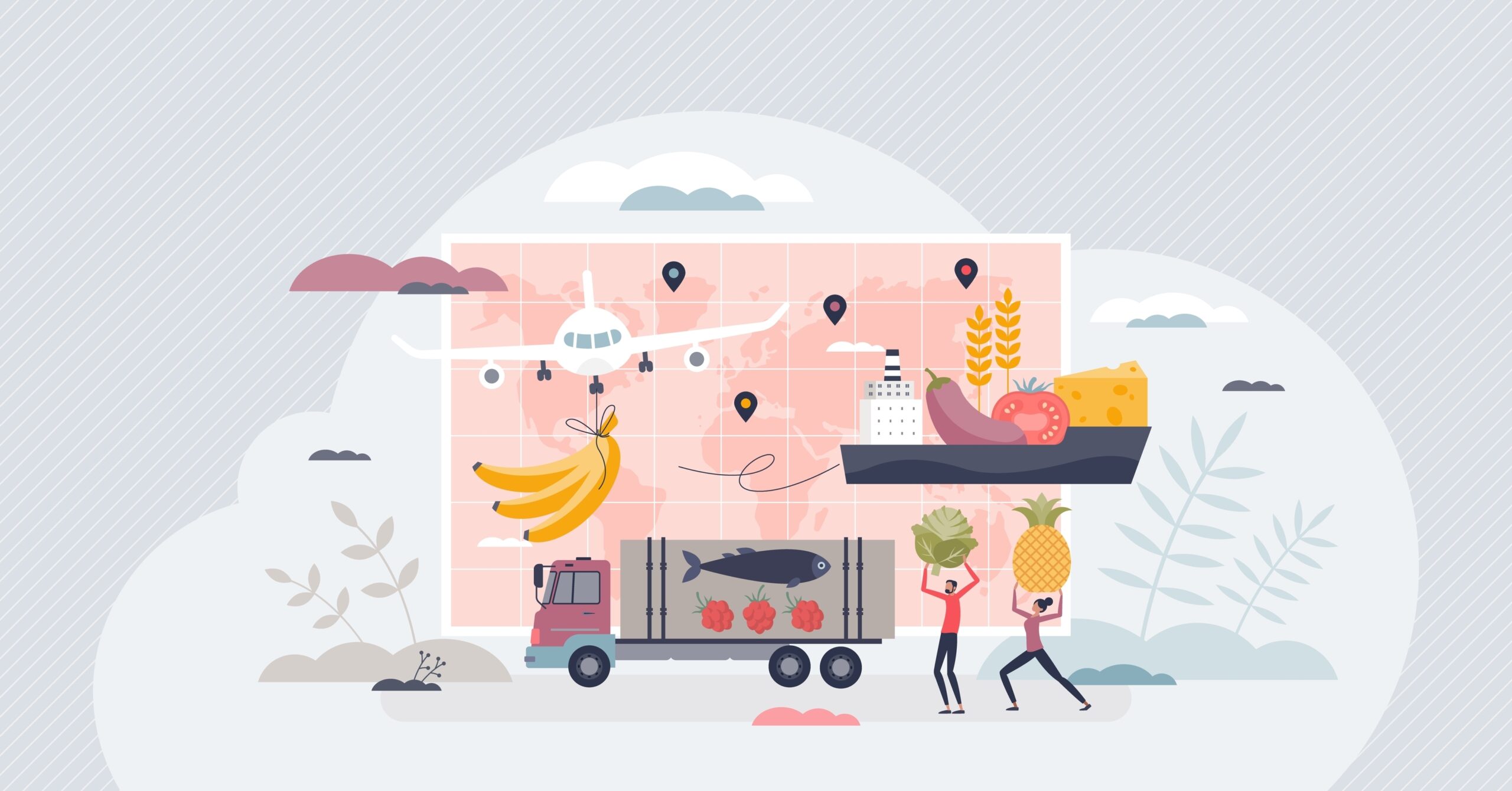
The short answer is absolutely, every single thing placed on our plate comes with a carbon emission attached to it. But it’s not all bad.
As we all know, climate change and the impact on our environment are a growing concern, and in January we have been focusing on the Climate Emergency Response Plan’s chapter on food and sustainable land.
Did you know food generates a lot of carbon emissions from how it is produced to how it is transported, even to how it is stored and cooked. Often, our personal emissions come from things we do not even think about, but maybe it is time we start looking deeper into these things.
 Shocking statistics reveal the reality of the carbon emissions associated with certain foods. This should really make us think about our eating habits, and how food is produced. Beef is one example of a beloved dish that has a big environmental impact. According to Consumer Ecology, the carbon footprint of four ounces of beef is 9.73 kg CO2e, and the greenhouse gas emissions are 24.5 times higher than soy. If you ate 75 grams of beef, one to two times a week for a year, it could be the equivalent to driving 1542 miles in a regular petrol car.
Shocking statistics reveal the reality of the carbon emissions associated with certain foods. This should really make us think about our eating habits, and how food is produced. Beef is one example of a beloved dish that has a big environmental impact. According to Consumer Ecology, the carbon footprint of four ounces of beef is 9.73 kg CO2e, and the greenhouse gas emissions are 24.5 times higher than soy. If you ate 75 grams of beef, one to two times a week for a year, it could be the equivalent to driving 1542 miles in a regular petrol car.
Food amounts to an astonishing 26% of global emissions, 58% of that being animal products. See the BBC’s climate change food calculator to work out how what you eat is affecting the environment. From farm to your stomach, every step that goes into the production equates to emissions – so how can we reduce that?
Organic Farming
Synthetic pesticides, genetically modified organisms, and artificial fertilizers are strictly off-limits with organic food production. Instead, organic farmers use the natural resources of the earth, harnessing the power of compost, crop rotation, and beneficial insects, to grow the crops and help the surrounding earth thrive. Organic foods are healthier for our bodies because they do not have synthetic chemical residues. Organic farming also locks away more carbon in the soil, which fights climate change.
Shopping Local
Opting for locally sourced food is another powerful strategy to combat carbon emissions. Food miles refer to the distance food travels from where it is produced to your plate. Shopping local reduces the miles that food has had to travel to reach your stomach. Shopping locally also supports our towns and help them thrive. And as food in local shops has often spent less time traveling, produce does not require as much protective packaging and can sometimes be stored for longer periods of time.
Vegan and Vegetarian diets
Reducing your meat consumption is an easy answer. Meat and animal products have a much higher carbon impact. Plant-based diets generally require fewer resources, produce fewer greenhouse gases, and contribute to lower land and water usage compared to meat-based diets.
So, what changes can you make to your diet? It is time to start thinking about what kind of difference our choices can make, even if it is introducing vegetarian meals a few times a week, it will have a great impact on reducing emissions.

